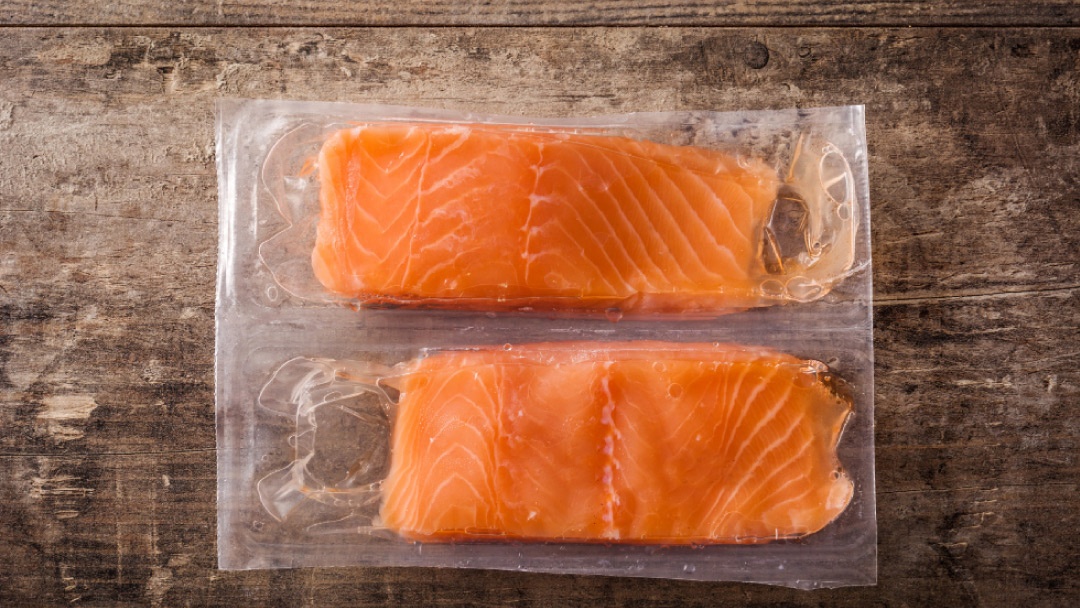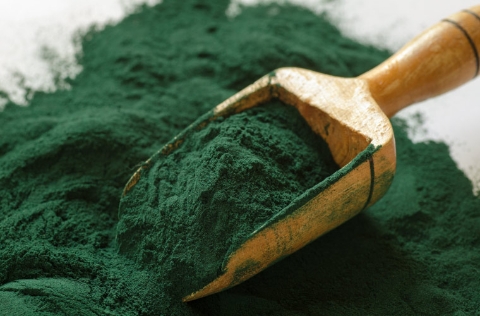
The Court of Justice of the European Union (CJEU) has dealt a blow to the Euroean Commission by overturning the 96-hour limit imposed on the stiffening process – the deep refrigeration stage prior to smoking – in fish products. The ruling, delivered in case T-354/24, Mowi Poland SA v. European Commission, sides with the Polish salmon giant Mowi and annuls Delegated Regulation (EU) 2023/372, finding that the Commission acted without adequate scientific backing and failed to consult the European Food Safety Authority (EFSA).
The Court held that the Commission breached the principle of good administration by introducing a measure with direct implications for public health and industrial organisation “without first obtaining a scientific opinion justifying its necessity and proportionality”. The decision fully annuls the time restriction, reinstating the previous regulatory framework, under which no maximum duration was set for stiffening.
The judgment clearly defines winners and losers within Europe’s seafood sector. On the winning side are large-scale processors in Northern Europe, particularly in Poland, who regain flexibility and production efficiency. The stiffening phase – used to firm up salmon before slicing – is central to industrial-scale operations, and the 96-hour cap had posed significant logistical and financial constraints.
Conversely, the European Commission and consumer groups are seen as the losers. Brussels’ attempt to strengthen food safety rules against Listeria monocytogenes contamination has been undermined, while organisations such as ANFACO-CECOPESCA warn that scrapping the limit could “endanger quality and food safety” and create unfair competition with producers operating under looser standards.
Spain’s smoked fish sector, which has long prioritised shorter, high-quality processes, has voiced concern over the ruling. Industry representatives insist the will maintain strict standards and increase market surveillance of imported products from countries such as Poland.
In essence, the CJEU decision represents a legal victory for Mowi and the processing industry, but also a political warning to Brussels: any future food safety regulation must rest on solid scientific evidence and transparent procedure. Until new rules are adopted, Europe’s smoked fish producers will once again operate without the 96-hour constraint.


